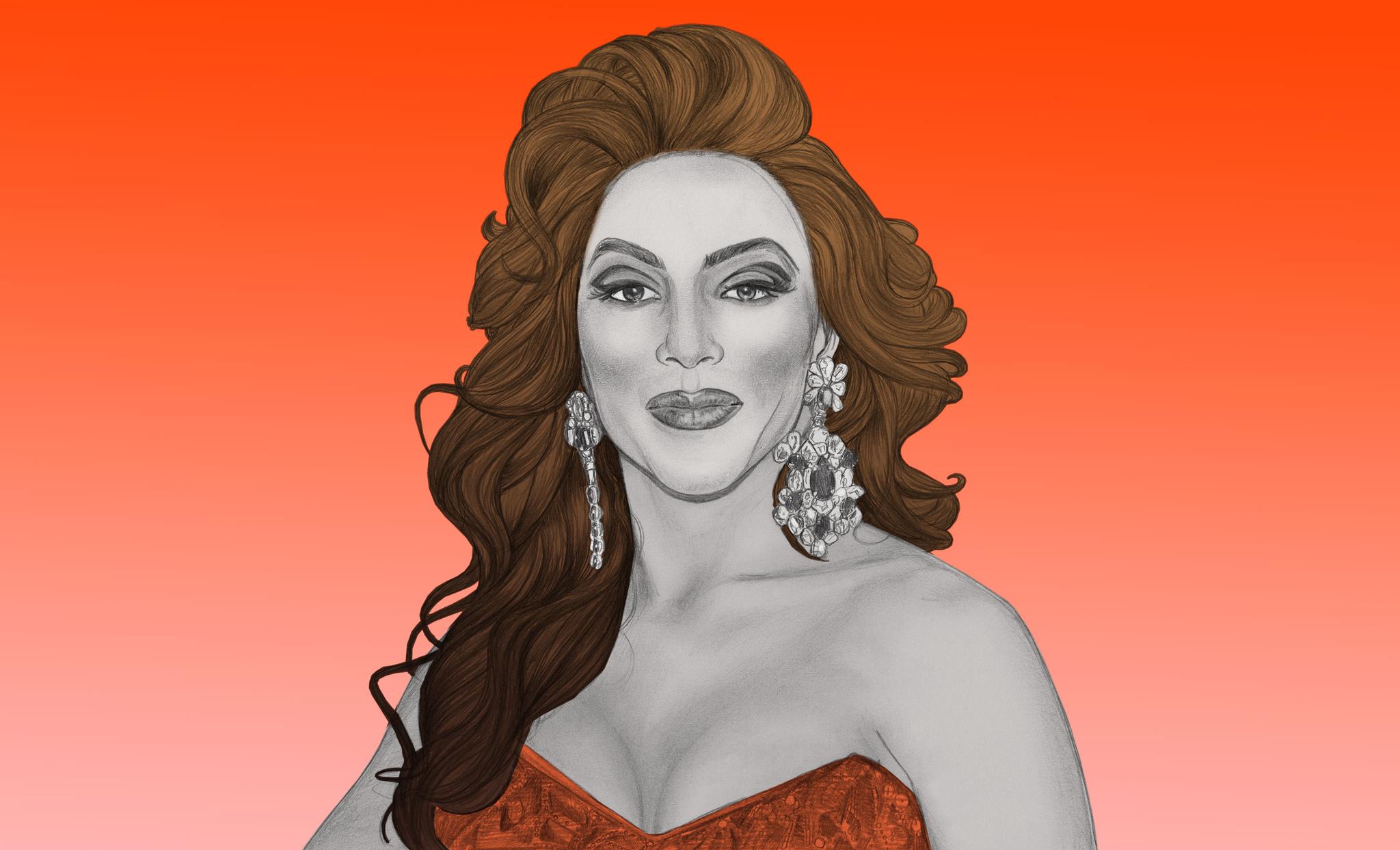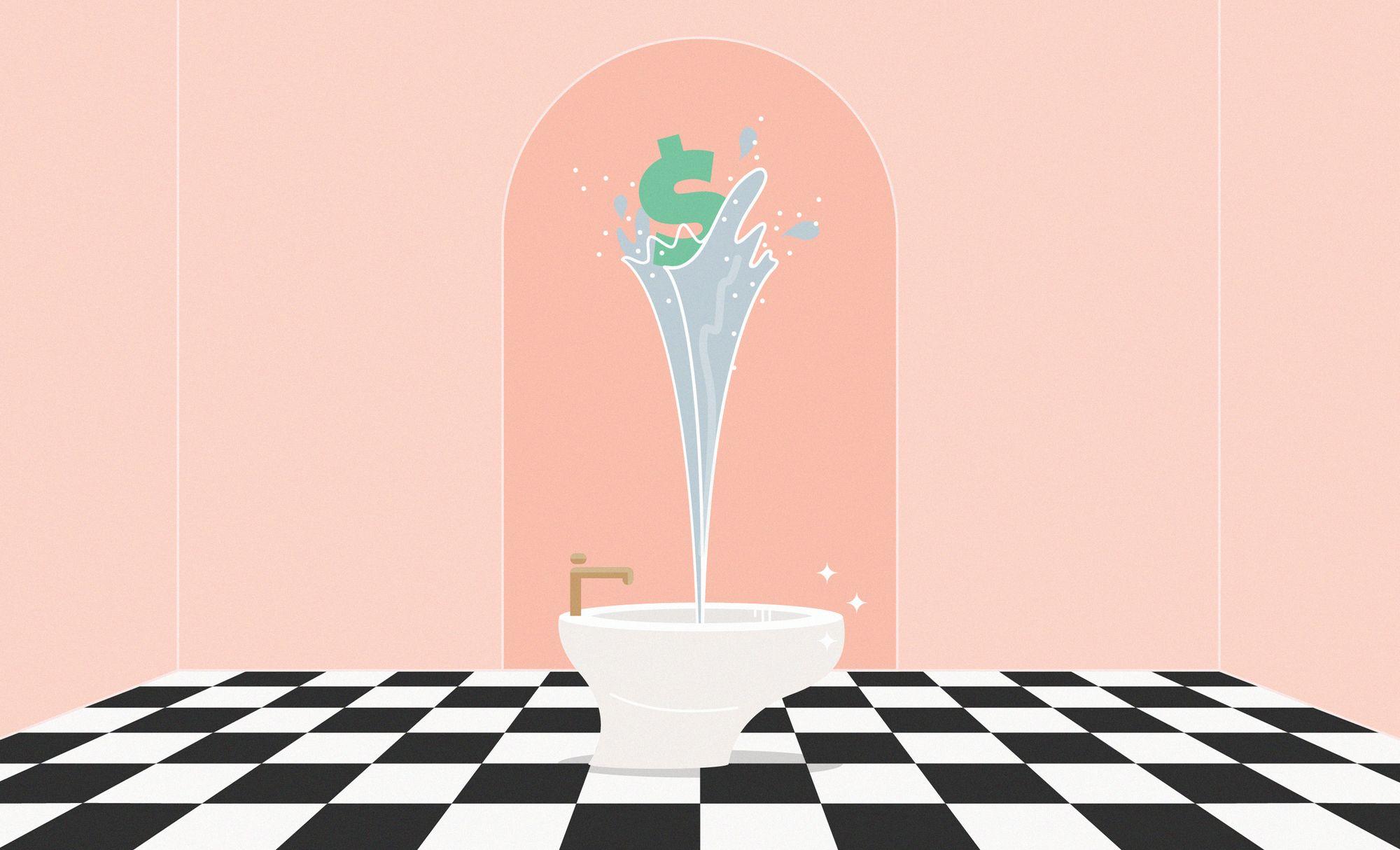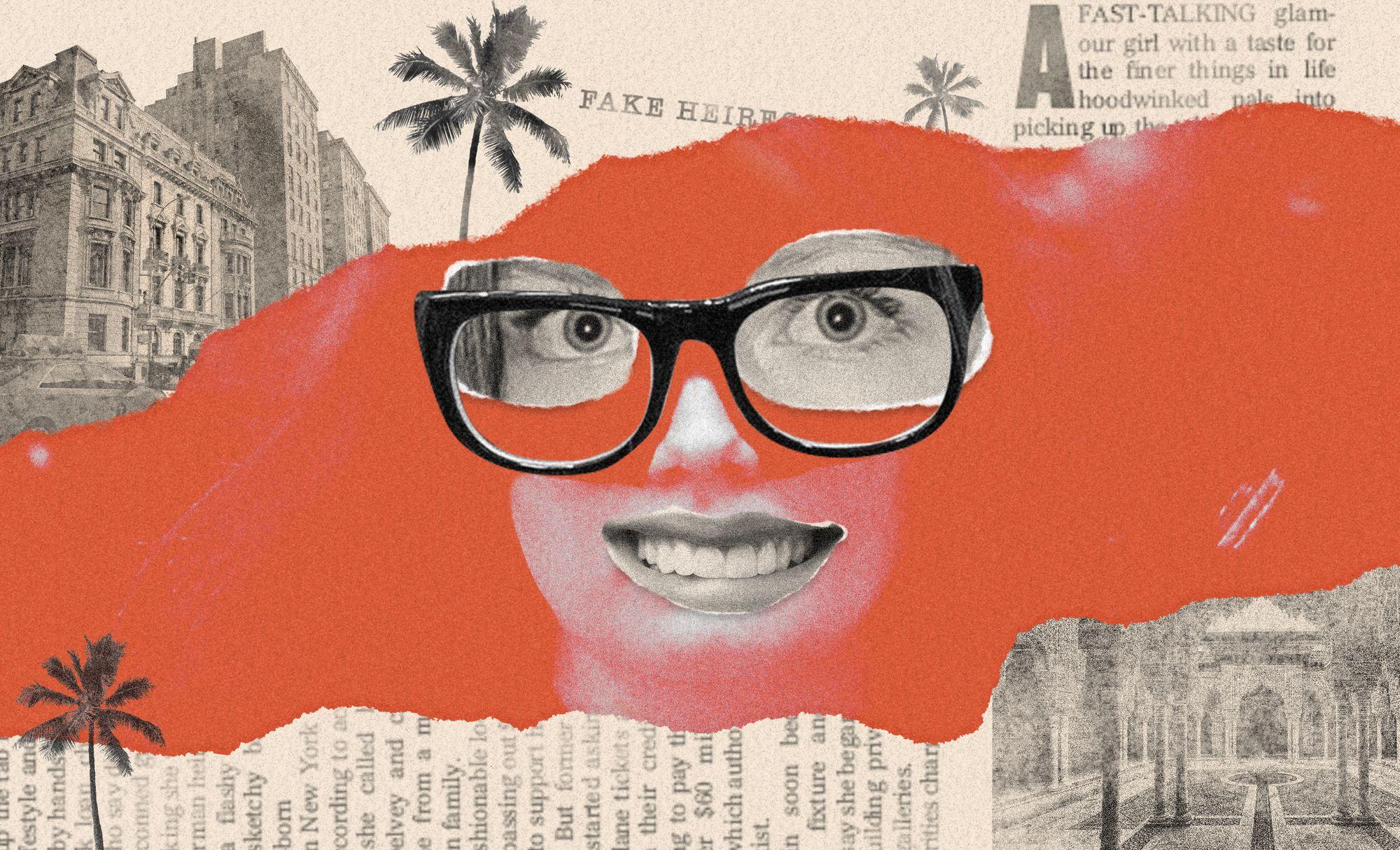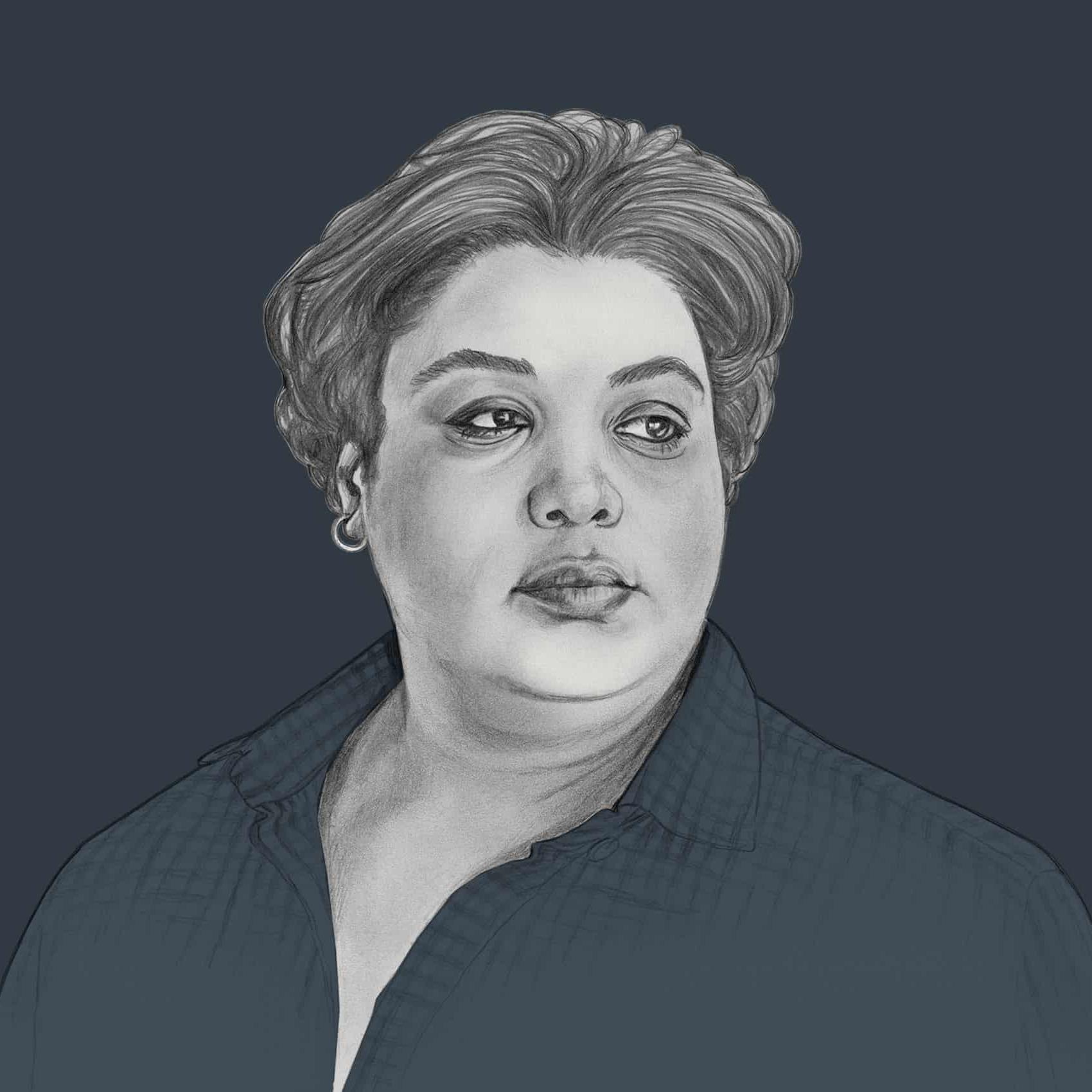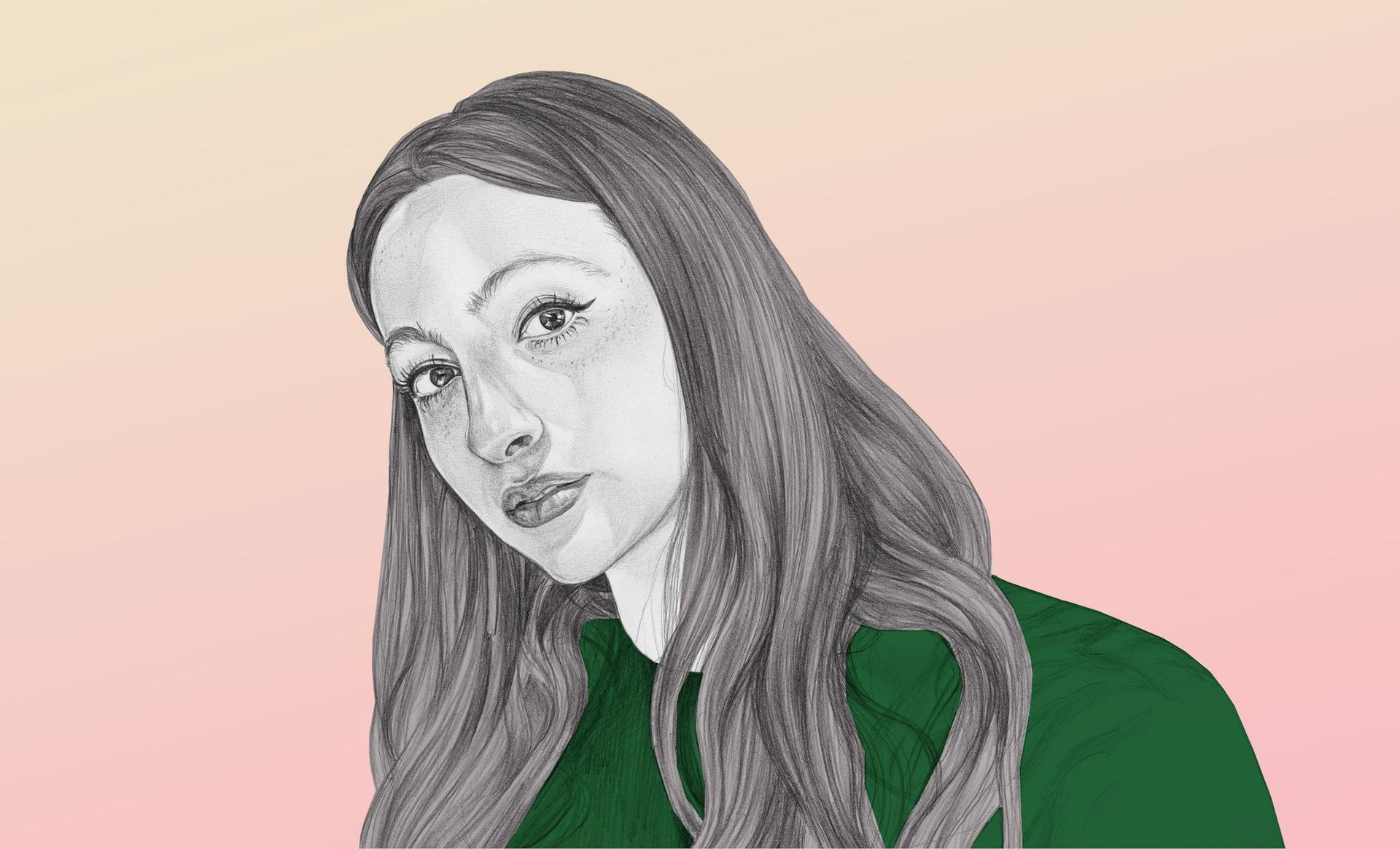
Money Diaries
How to Quit Your Job and Bike Around the World for $17,000
Alec Young, at age 28, was on the proverbial treadmill: work a corporate job, blow your paycheques on small luxuries, repeat. One day he decided to trade the treadmill for a bike. What happened next was unpredictable. Even to the grizzly bear.
Wealthsimple makes powerful financial tools to help you grow and manage your money. Learn more
Wealthsimple is an investing service that uses technology to put your money to work like the world’s smartest investors. In “Money Diaries,” we feature interesting people telling their financial life stories in their own words.
In May of 2017, I flew from London to Anchorage, Alaska, with just a small bag of clothes, a one-man tent, and a bicycle. I’d seen a BBC documentary about a Scottish cyclist who’d biked around the world, and I couldn’t shake the idea of quitting my office job to embark on some kind of epic adventure. Eventually, I decided to spend a year and a half biking the Pan-American Highway: 14,000 miles from Alaska all the way to the southern tip of Argentina. But I’m the kind of guy who plunges into things without a lot of planning, and after a few hours on the road, I realized how disastrously unprepared I was for the long journey ahead.
For starters, my fitness training had been almost hilariously inadequate. My days had mostly been spent in an office cubicle in Manchester, England, and I’d done only 30-mile rides in the English countryside to train. (I’d be biking for 18 months, I reasoned; why spend any extra time in the saddle?) So by day two, my legs were rubbery, my body frozen and whipped by the wind, and I found myself shamefully sticking out my thumb, hoping some trucker would stop to give me a lift up an impossible mountain pass. The rugged mountain scenery of the Yukon was stunning, but the trip was utterly draining, both physically and psychologically. Not only was my body depleted, but I also felt profoundly lonely. Some nights, shivering in my sleeping bag, I pondered giving up on this crazy quest, just quitting and going home, but when morning came and I warmed up with some coffee, I figured I could push on for one more day.
Alaska and the Yukon are known for their grizzly bears, black bears, and wolves. In the months before I started my trip, my friends delighted in showing me YouTube videos of people being mauled by wild animals. They drummed it into my head that I wouldn’t last four days on the road without being eaten. I thought once I got to Alaska, people would be less melodramatic about the danger, but every local I spoke to knew somebody who knew somebody who’d been devoured by a bear. Each night, I’d lie awake in my tent on the side of the road, exhausted from a punishing day of cycling but frozen in fear and completely unable to sleep, wondering about every crackling branch outside my tent.
Over the first few weeks of my ride, I’d see occasional grizzly bears roaming on low mountain foothills, but always in the great distance, over a mile away. When I made it at last to British Columbia, I was relieved to have escaped the most dangerous portion of my journey unscathed. Then, one afternoon, on a remote stretch between Fort Nelson and Fort St. John, I pedalled around a bend and saw a giant black bear just yards in front of me — I would’ve crashed into it if I hadn’t slammed on my brakes. Time slowed down, and I felt my heart pounding in my chest. I hadn’t seen a car in half an hour; if the bear felt hungry, no one would be around to intervene. The bear turned to look at me, then reared up on its hind legs and sniffed the air, as though to see what I was all about. An image floated vividly into my mind: My friends back in Manchester sitting gloomily at a bar, toasting me after my death, one of them saying, “Well, we warned him, didn’t we?”

Sign up for our weekly non-boring newsletter about money, markets, and more.
By providing your email, you are consenting to receive communications from Wealthsimple Media Inc. Visit our Privacy Policy for more info, or contact us at privacy@wealthsimple.com or 80 Spadina Ave., Toronto, ON.
Let me back up for a minute. See, I might never have gotten into this whole mess if it wasn’t for my issues with money.
I grew up in Wales, where my dad is an opera director and my mom works for a theatre company that puts on productions with actors with Down syndrome and other disabilities. I loved the arts, but showed little talent for it — my mom used to do my homework for my art classes, until we got caught.
Our town in northern Wales was among the poorest in the country. Local industries had collapsed in the 1980s. Having grown up with two artists for parents, where money sometimes arrived in fits and starts, I thought I would follow a more sensible path. So I went to Cardiff University and majored in political science. But when I graduated in 2011, a global recession had just set in, and work was scarce. I spun through a series of random jobs, some better than others. I eventually got a job selling pianos, but that ended quickly when I accidentally sold a piano for 3,000 pounds under the asking price. Sales wasn’t my forte. After that, I got a “grown-up” job in an office in Manchester that distributes silly tchotchkes — pens, windbreakers, keyrings, car seat covers — to blue-chip tech firms, banks, and gas and oil companies. The job paid well, but I seemed to have a persistent ability to fritter my earnings away on dining out, bar tabs, and a pointless lease for a car I rarely drove. After four years, I was still living hand-to-mouth, as I had my entire life.
One sinkhole for me has been the rise of contactless payments in the UK — you no longer need to swipe a credit card or type in a PIN number; you just tap your card on top of the machine and the money is poached before you have time to think about it. And I had no memory of what I’d spent money on, since it’s such a thoughtless process and the transaction is so effortless. I don’t have fancy tastes, but I love to eat good meals and I wanted to drive a flashy car. Every month it seemed that as soon as my salary was deposited into my account, the money would disappear.
With my 30th birthday a couple of years on the horizon, not only was I eager to discover adventure, I also wanted to find an escape from my constant pursuit of money and my constant state of consumption. What better way to step off the money treadmill than to spend a year and a half biking across North and South America?
Recommended for you
I was due for a bonus check that rolled up all of my commissions from the previous year. My boss kept asking me what I planned to spend it on — a down payment for a house? A car? But I kept my ideas close to the vest. I saved for a couple more months until I had 10,000 pounds (about $17,300). Then I told my boss, in the most cordial terms possible, that I was quitting, and shared my plans. Like most people, he thought I was nuts. Soon after, I bought a bike, some camping gear, and a plane ticket to Alaska.
Then, there I was, full of terror, on a desolate stretch of Canadian highway at dusk, facing down an enormous black bear. It stared at me curiously, as though sizing up whether or not I’d make a good meal. I tried the tactics I’d been told to employ as a last resort, and began shouting and waving my arms around in the air like a loon. The bear came down off its haunches and took a menacing step toward me. Then, as I fell silent, dropped my arms, and prepared to turn my bike around for a doomed sprint in the opposite direction, a giant RV appeared miraculously around the bend. The driver caught sight of the bear, and his jaw dropped. He honked his horn, and the bear glowered at him and shuffled off into a grove of trees. That guy might very well have saved my life.
Maybe it was surviving this brush with mortal danger, but as I continued south and springtime bloomed, I felt renewed energy and a revitalized sense of purpose. On an average day, I’d bike 50 to 60 miles — as many as 110 miles on my best day — and my body, in such misery in the early weeks, transformed into an efficient pedalling machine. Soon, my loneliness evaporated as well. As I continued through Canada and crossed into the United States, I found an endless array of interesting strangers willing to show me camaraderie and kindness: a Harley Davidson biker from Louisiana who treated me to a giant breakfast; a trucker in Alberta who passed me a can of Sprite from the window of his moving cab; an apple farmer in Washington who invited me to camp in his orchard; and a pair of homeless guys in California who plied me with booze, cooked me tri-tip steak over a roadside campfire, and made room for me to join them for the night in their DIY bunker.
But money continued to be an issue for me. In four months, I’d spent half of my budget, and I still had at least 14 months to go. Rationing money so carefully, which I’d never done before, meant that anytime I treated myself to even something simple, like a smoothie, I had a greater appreciation for the treat. But instead of worrying about money all the time, as I’d done in the past, I committed to the idea of relaxing about it, and trusting that I could find ways to gather more when I needed it. I trolled for work at farmers’ markets, cafés, and most often at bars, and here and there I found odd jobs to keep some money flowing in. I got paid $12 an hour for helping a farmer in British Columbia harvest kale, $15 an hour for landscaping in Washington, and $20 an hour in Oregon to seal a guy’s elaborate treehouse with Penofin.
When I realized that I could find sporadic work, I felt more comfortable using what money I had as a vehicle for having even more fun. I spent $100 on a surfboard — a crazy, impractical idea, really, when you’re travelling by bicycle. But in California, I taught myself to surf and fell in love with it. Then I bought a trailer to carry my surfboard behind me as I pedalled on south, into Mexico.
Over the next weeks, I bicycled through Guatemala, El Salvador, Honduras, Nicaragua, Costa Rica, Panama, Colombia, Ecuador, and Peru, before finally completing my journey in Chile and Argentina, more than 18 months after I'd started. I travelled through rain forests and ancient ruins, made friends for life, even fell in love. There were also moments of true misery — being broke, tired, wet, and cold. But those difficult moments are what create substance, and often around the next bend there would be — quite literally — a rainbow.
I also learned to approach the world receptive to all the people I encounter. I may have spent the 17 grand I started with, and plenty more, but that newfound openness has come at an absolute bargain.
Now that I'm back in the UK, I do think I’ve changed. My attitudes toward making money have changed. Back in Washington State, I stayed at a wonderful farm called The Bike Camp, run by a couple of old hippies. They catered to cyclists like me but charged by donation only. On the Oregon Coast, I found several bike cooperatives — community-based enterprises where donations were welcomed, but ultimately you could get your bike serviced for free. These places inspired me to think of ways I could earn a living without charging a specific fee.
My dad has 10 acres of overgrown land in Wales, so my dream is to create a camp like the ones in the Pacific Northwest — to build a donation-based campground, bunkhouse, and bike repair shop, welcoming cyclists to come and stay as long as they want. Sometimes I imagine what life would have been like if I’d never made this trip, if I’d spent the money on buying a car instead. I would have been sitting in traffic in downtown Manchester. But there I was, in Costa Rica and Peru, with thousands of miles of road still ahead of me, on my bike instead of stuck inside a car, pedalling as fast as I wanted.
As told to Davy Rothbart exclusively for Wealthsimple; transcript edited and condensed for clarity. Illustration by Jenny Mörtsell.
Wealthsimple's education team is made up of writers and financial experts dedicated to making the world of finance easy to understand and not-at-all boring to read.
